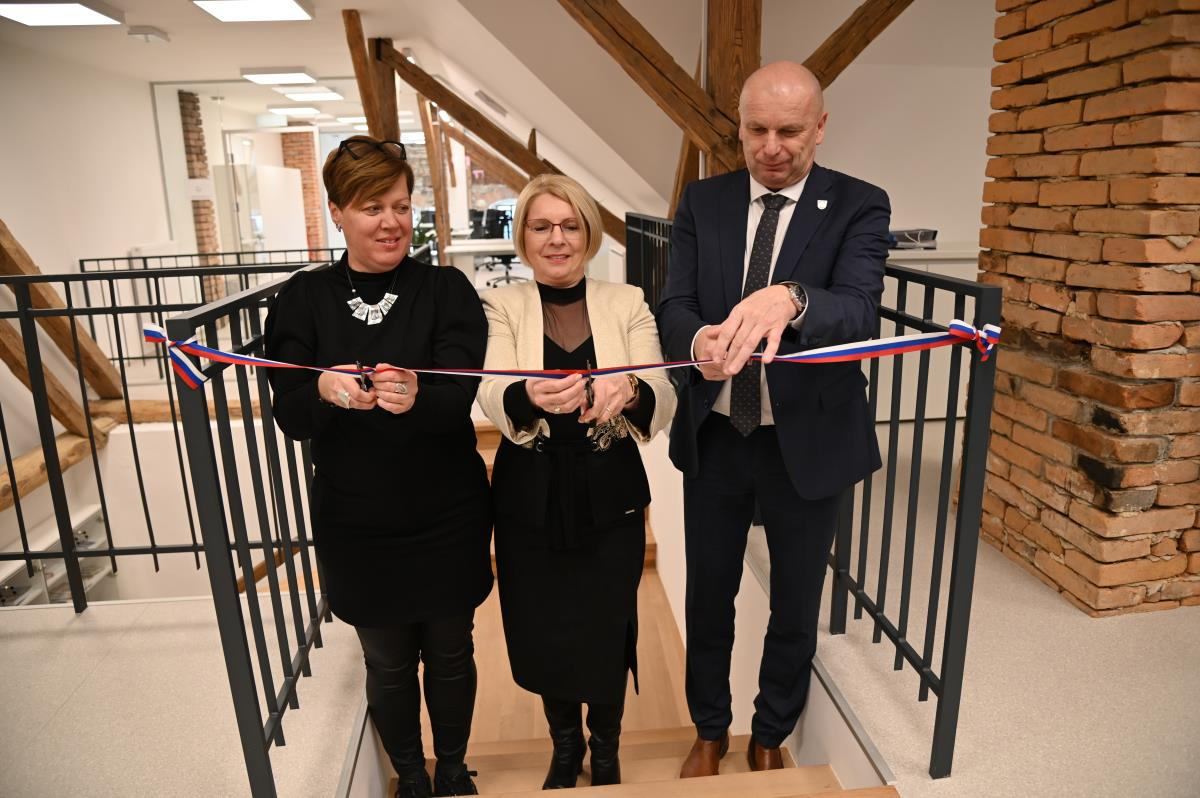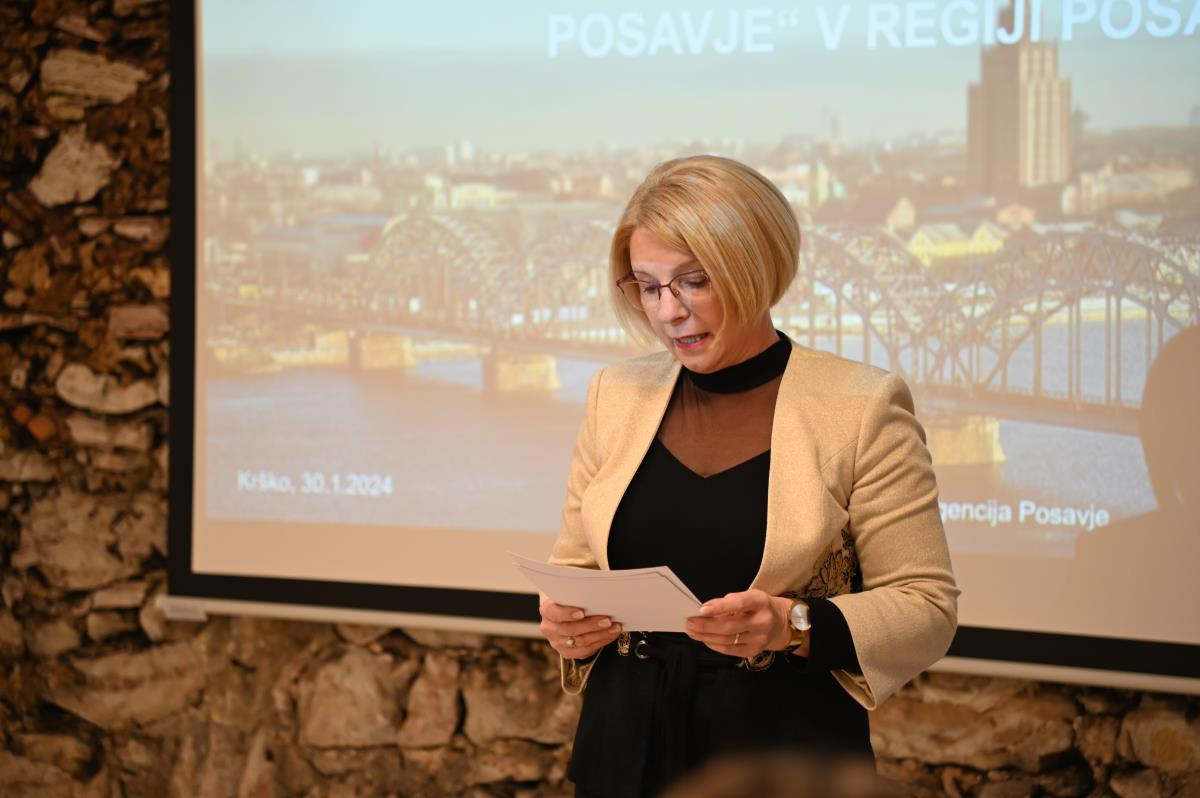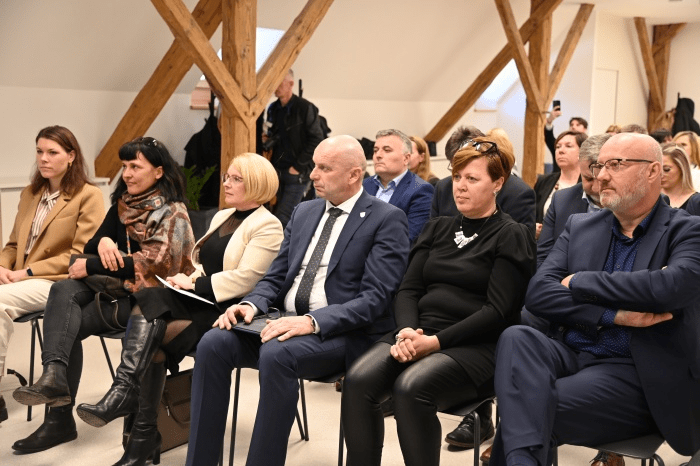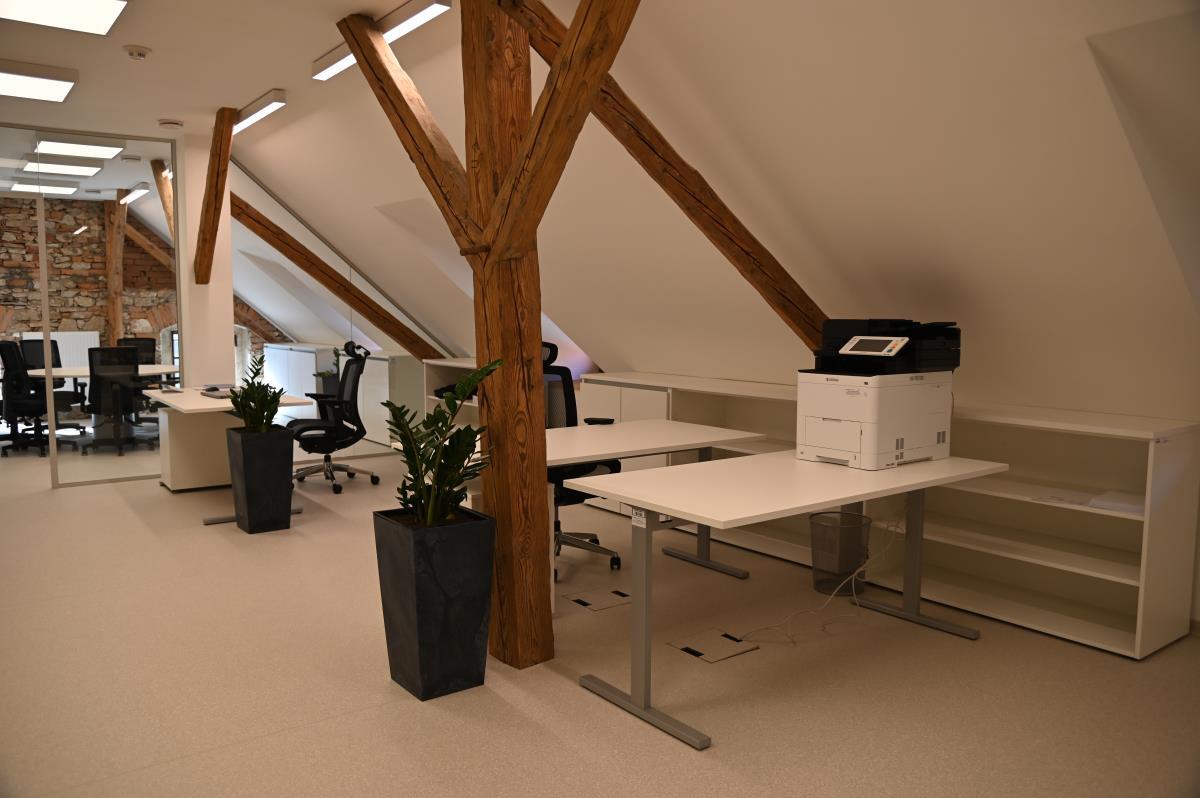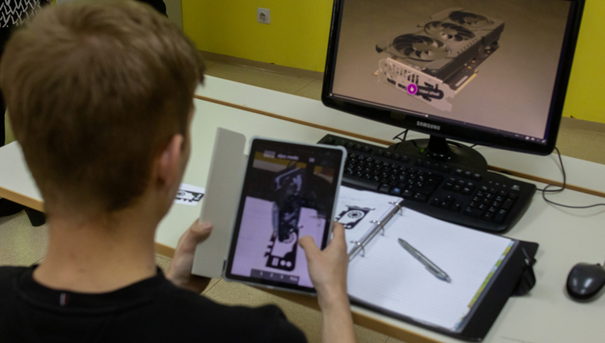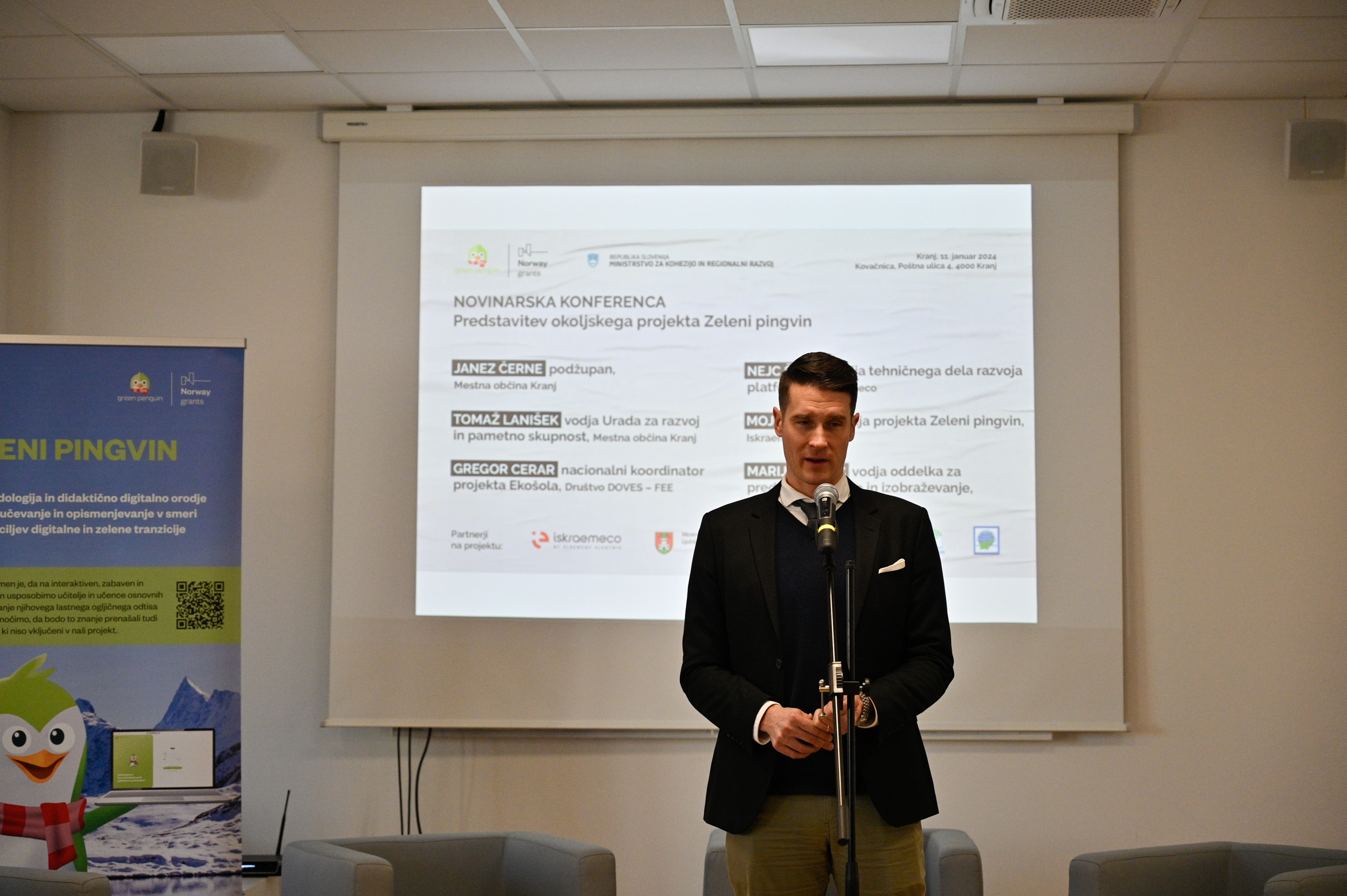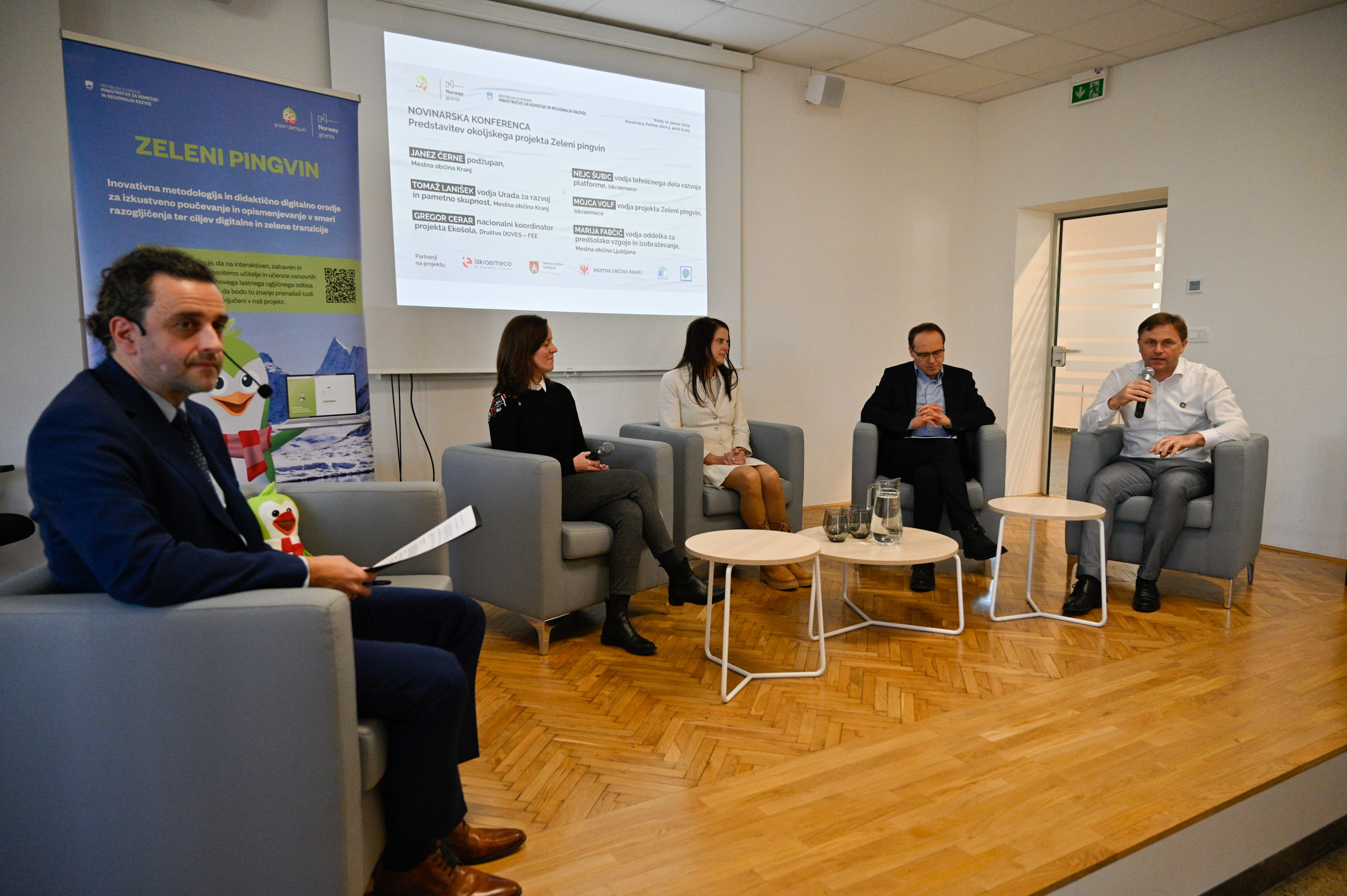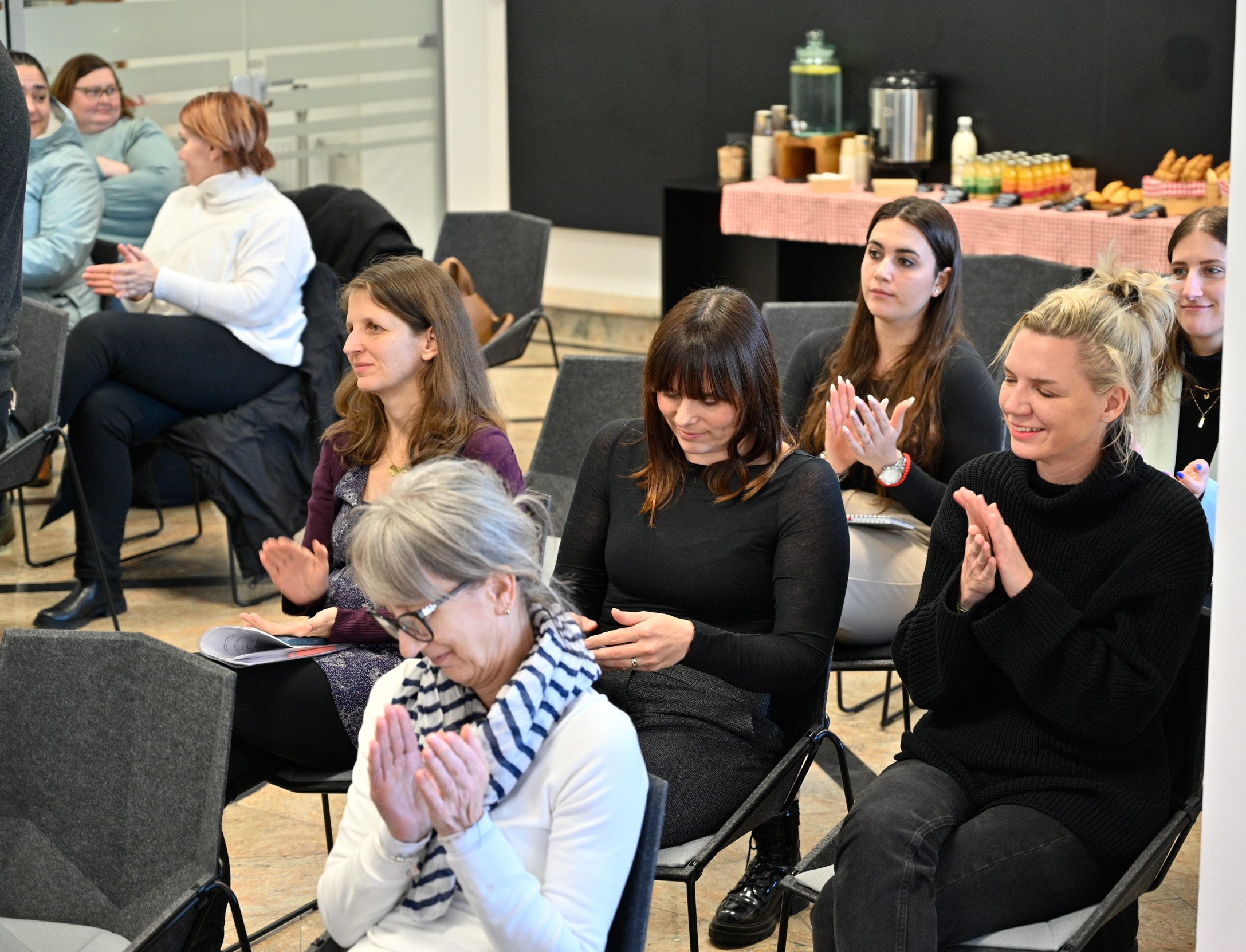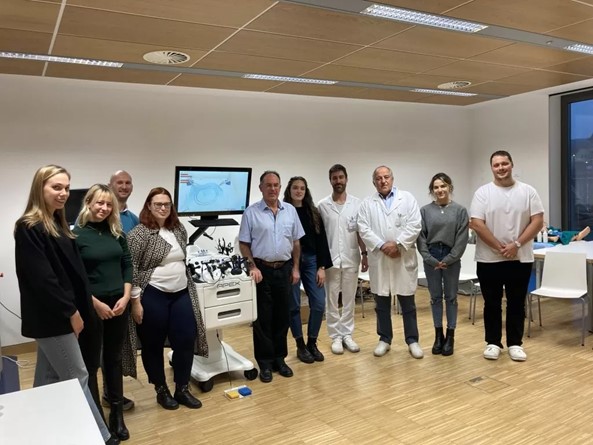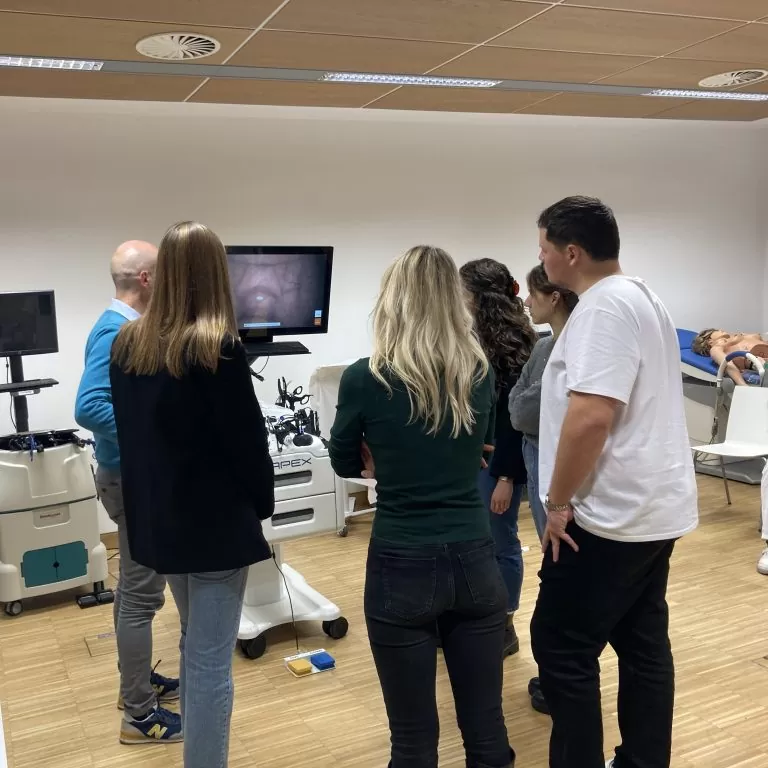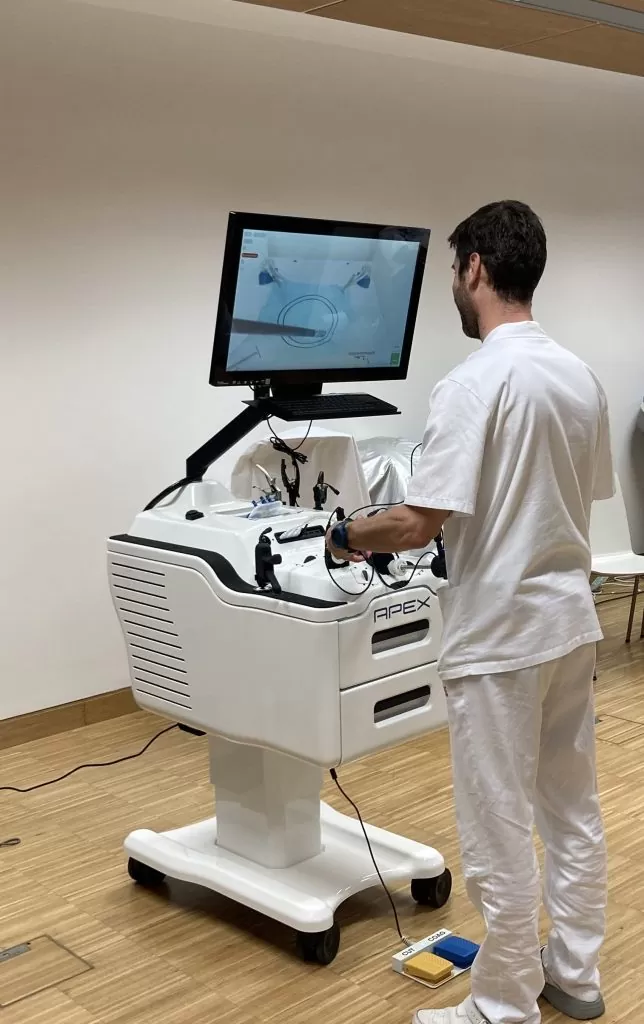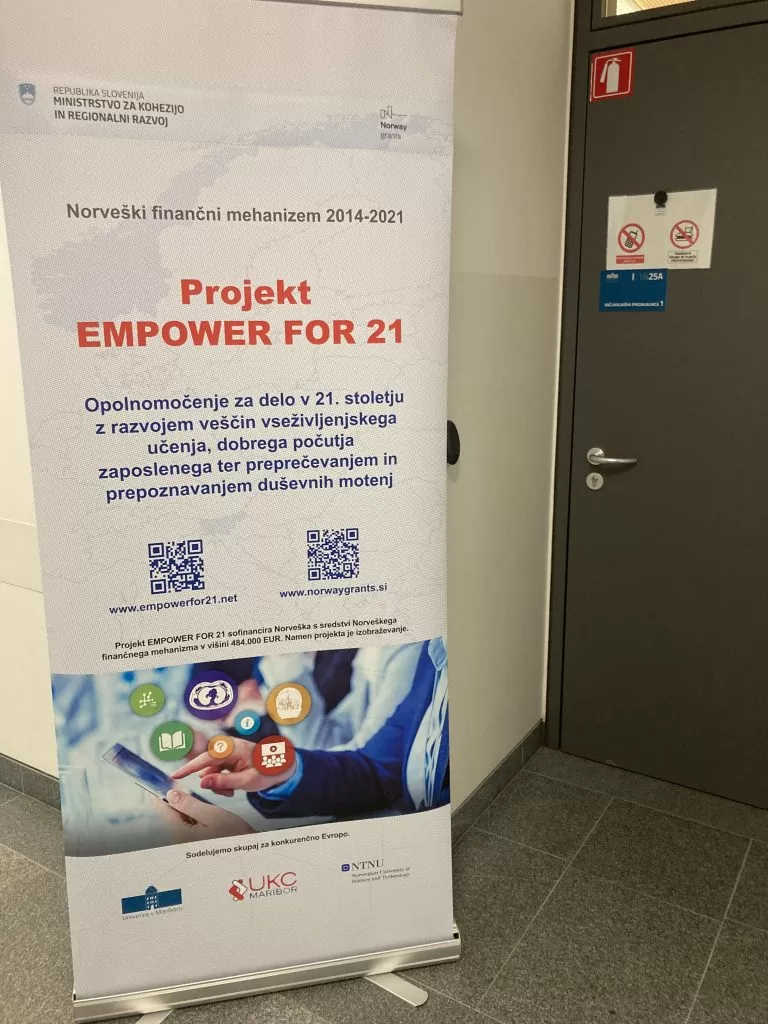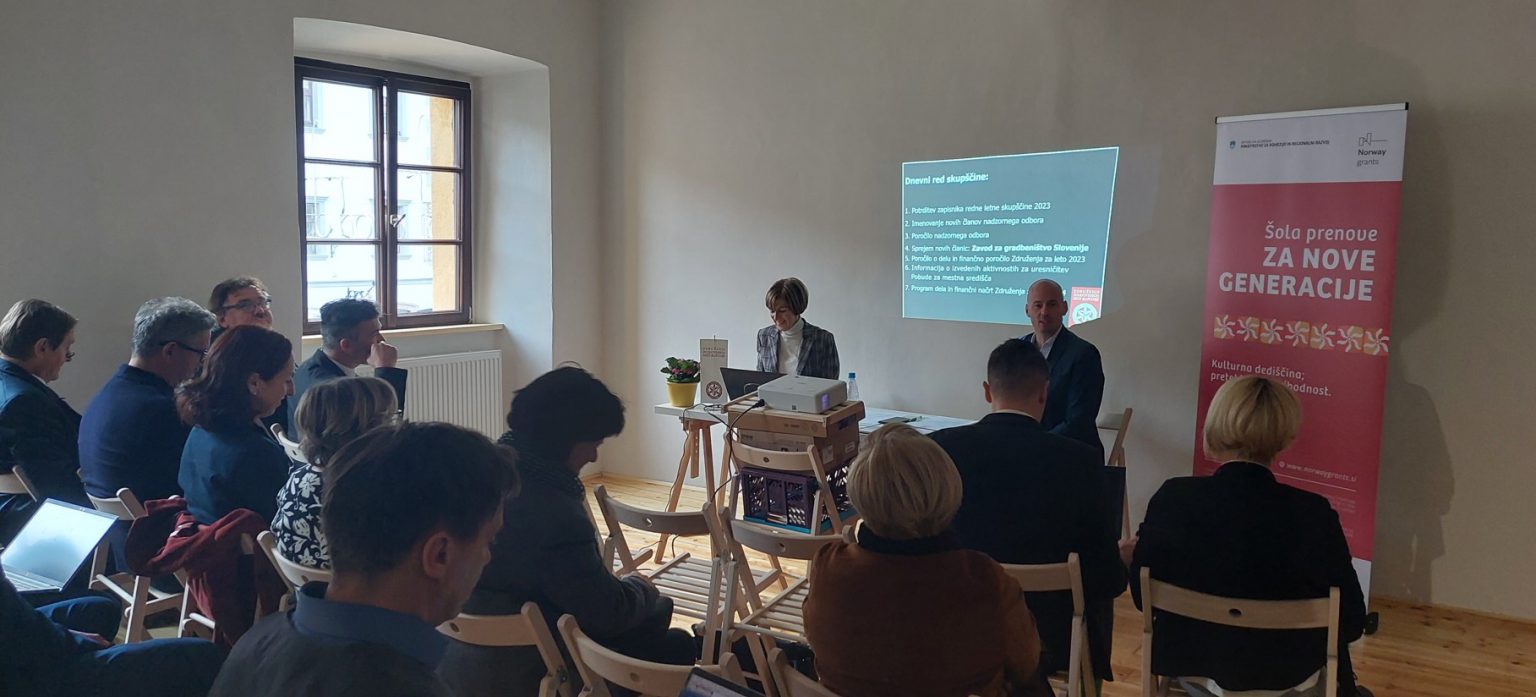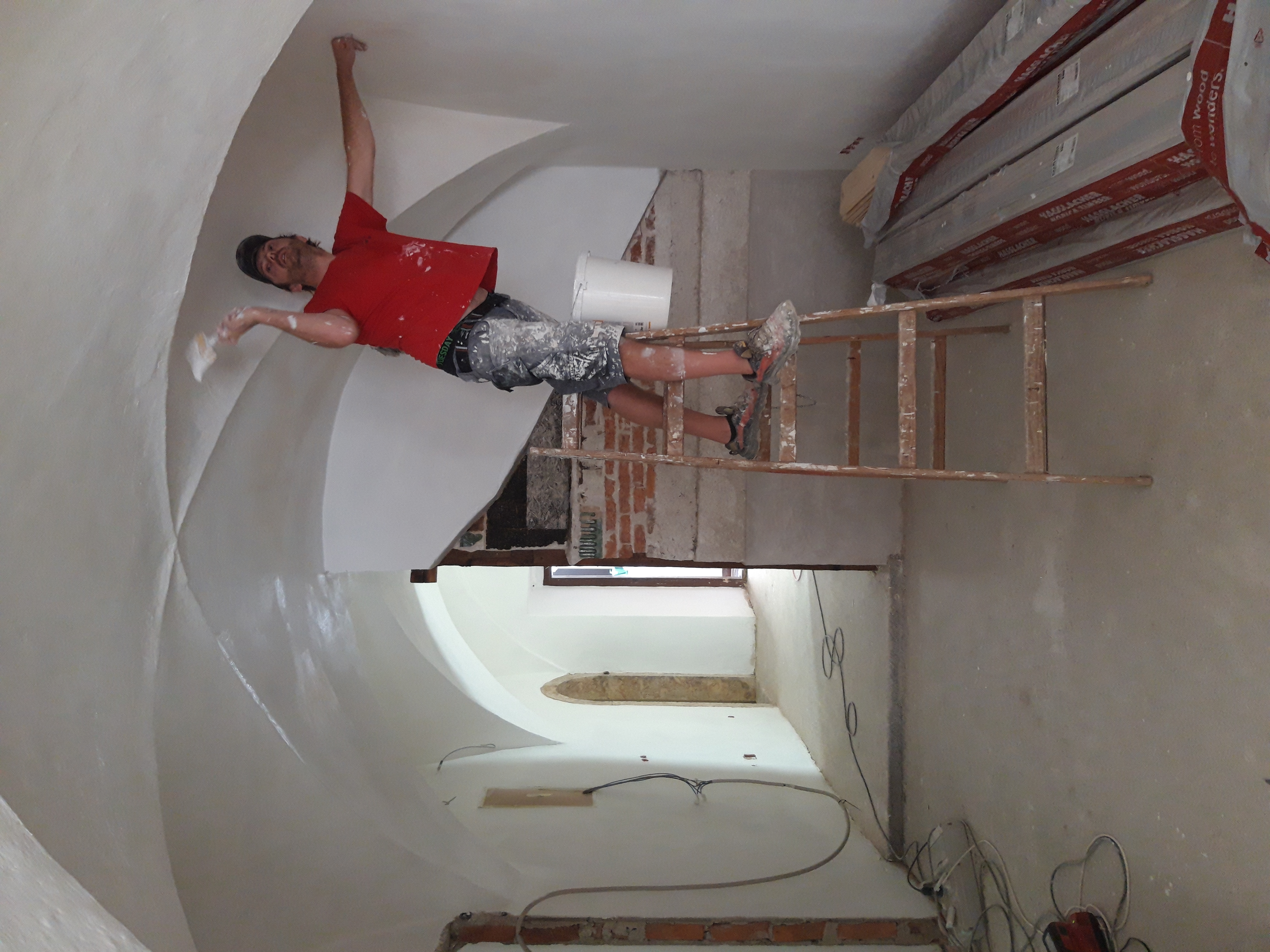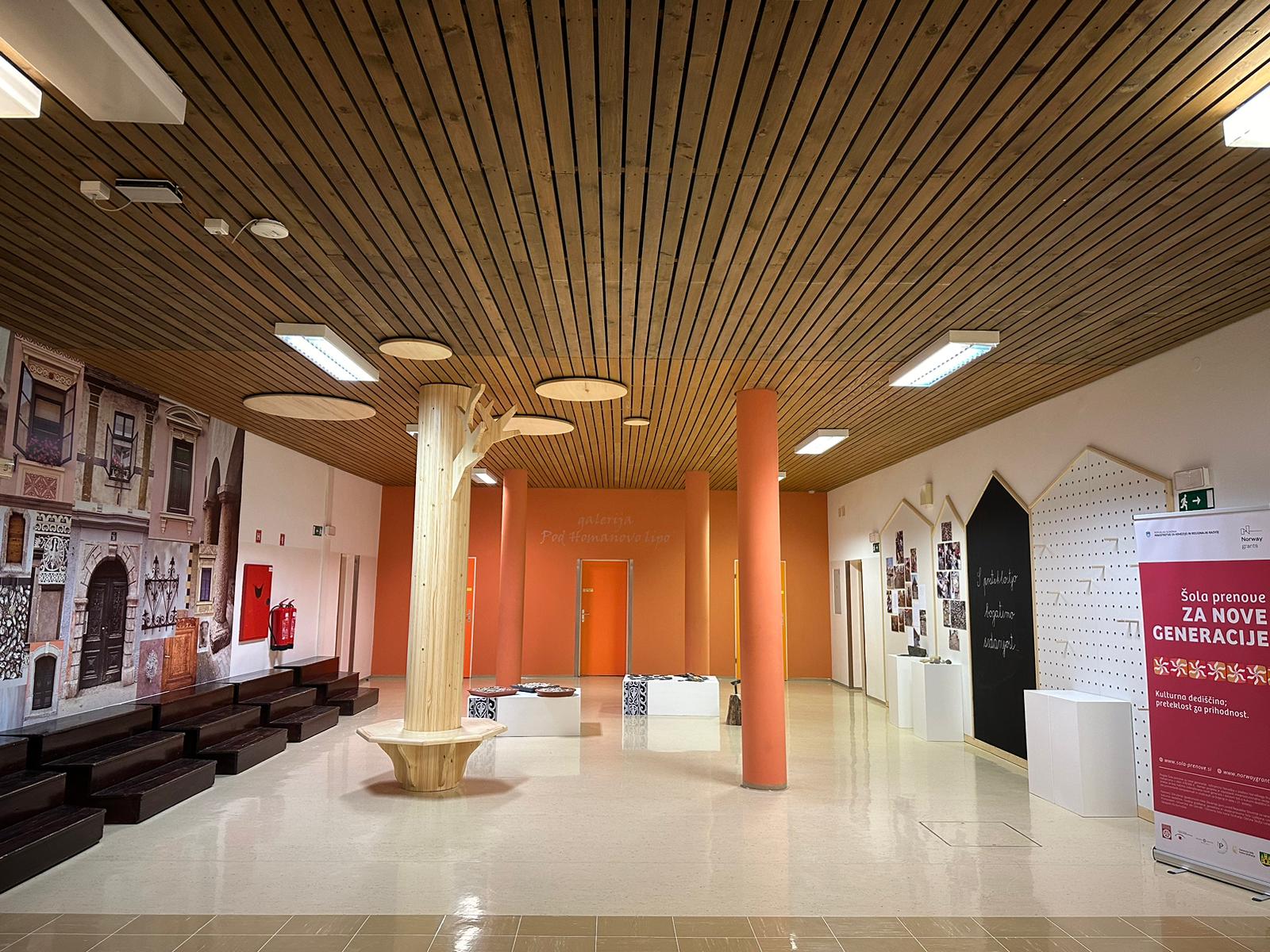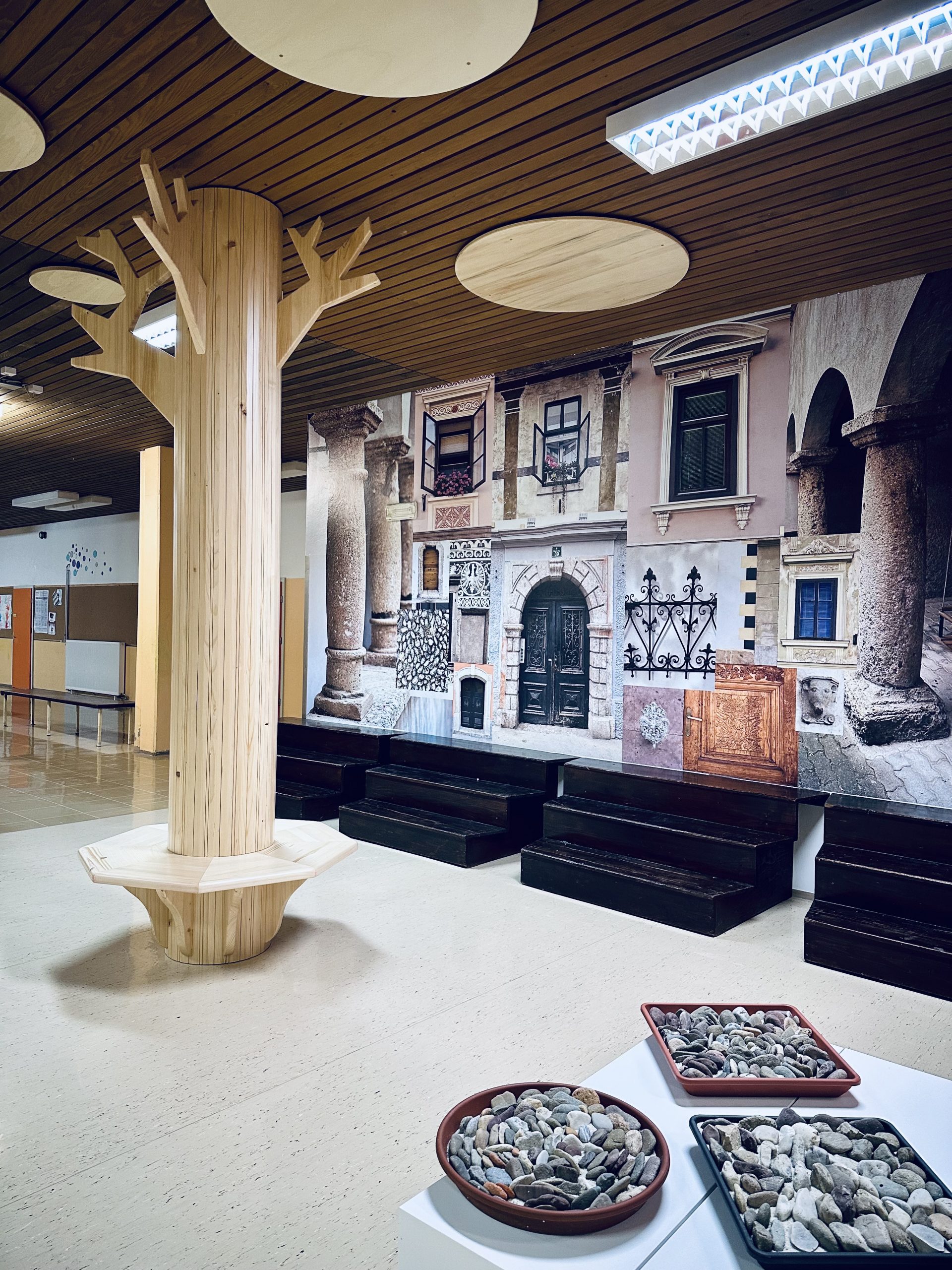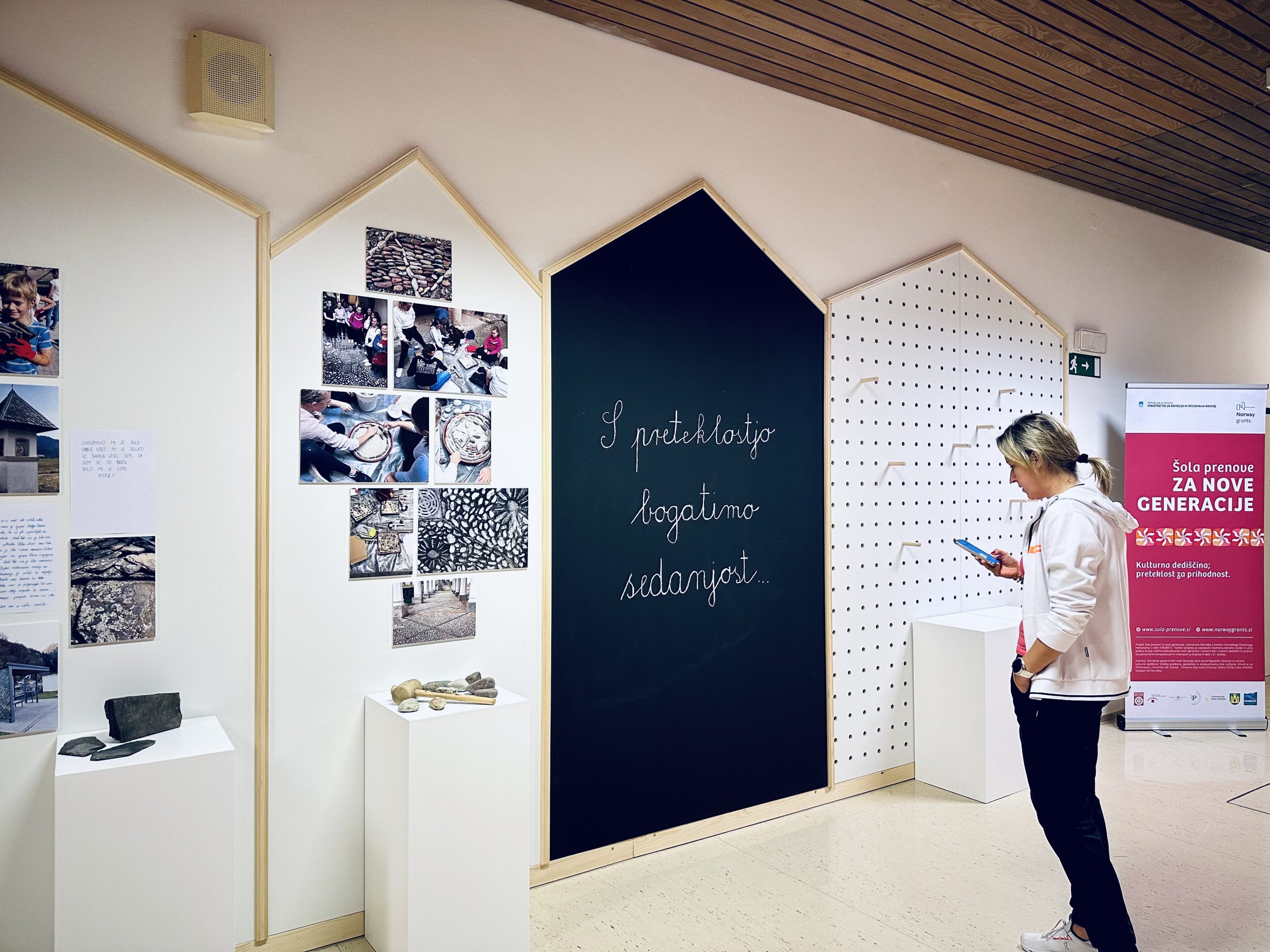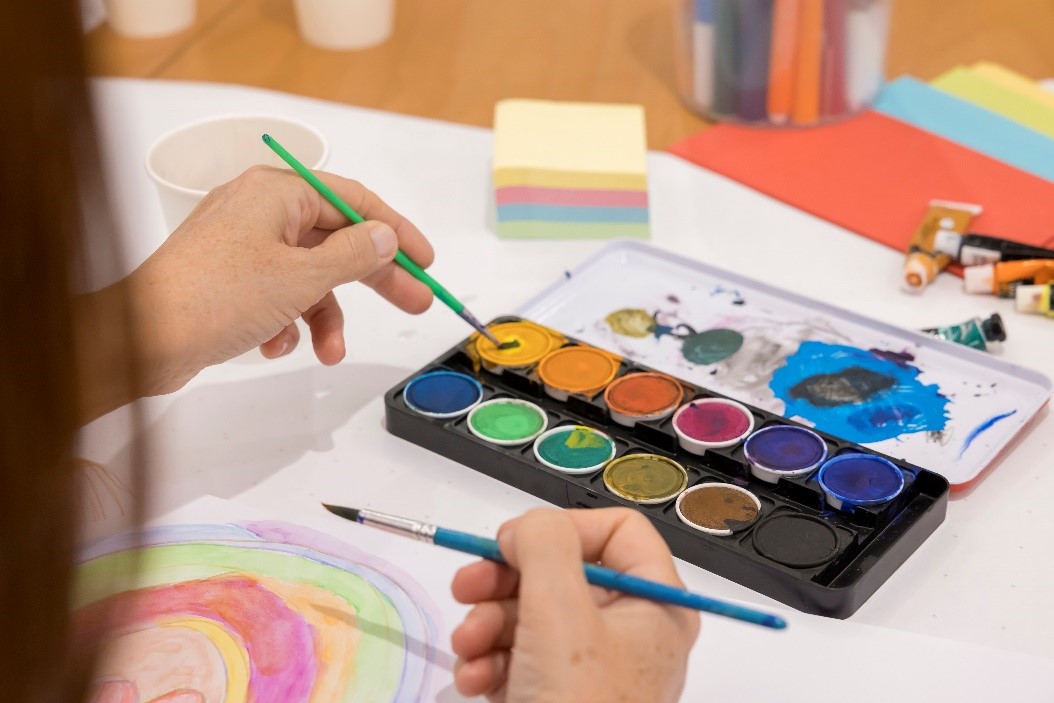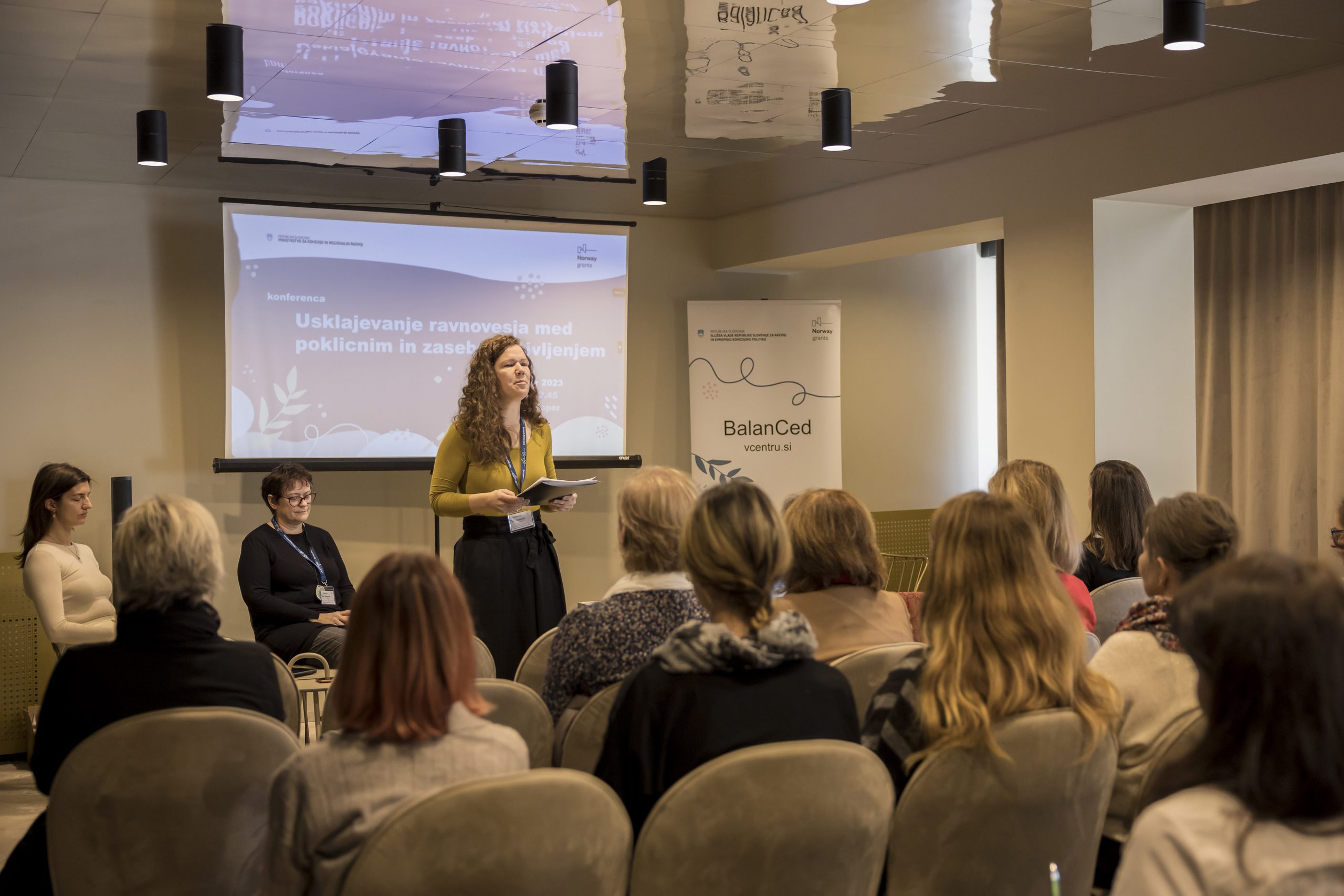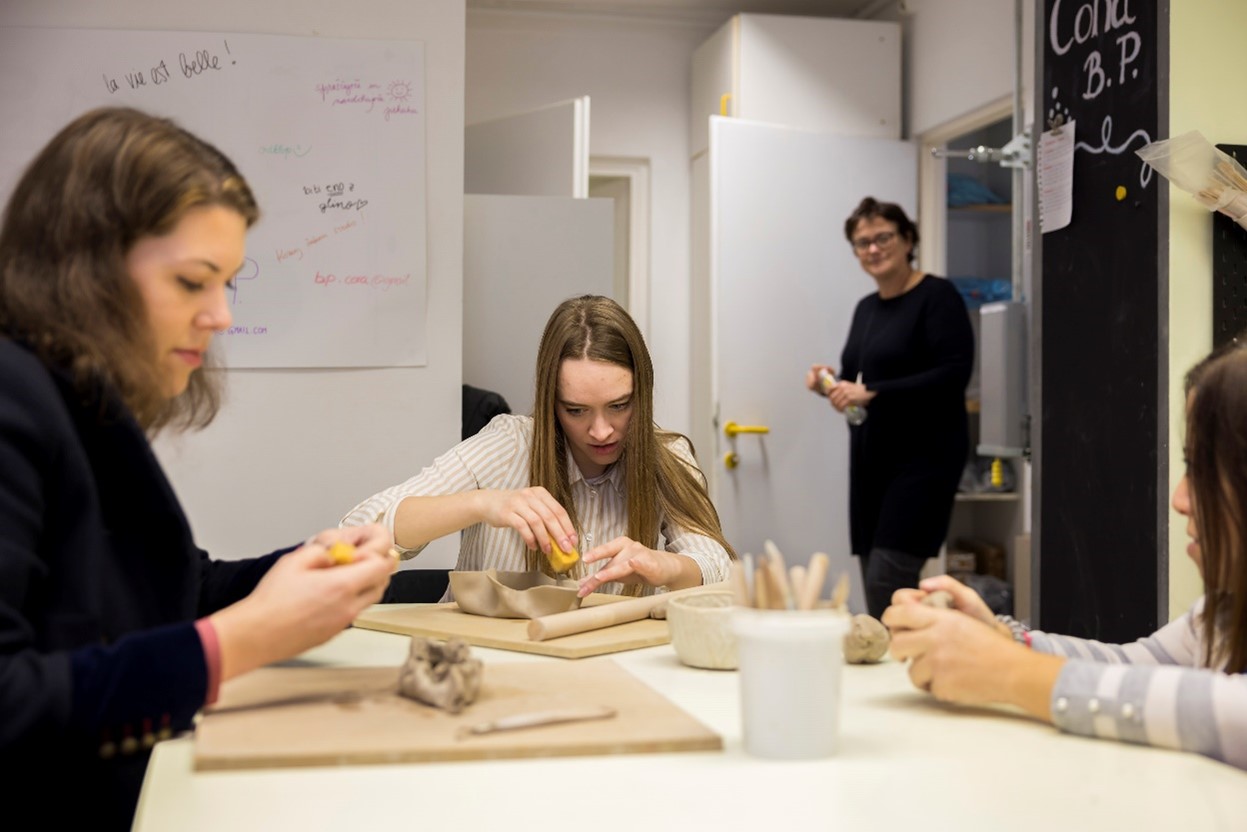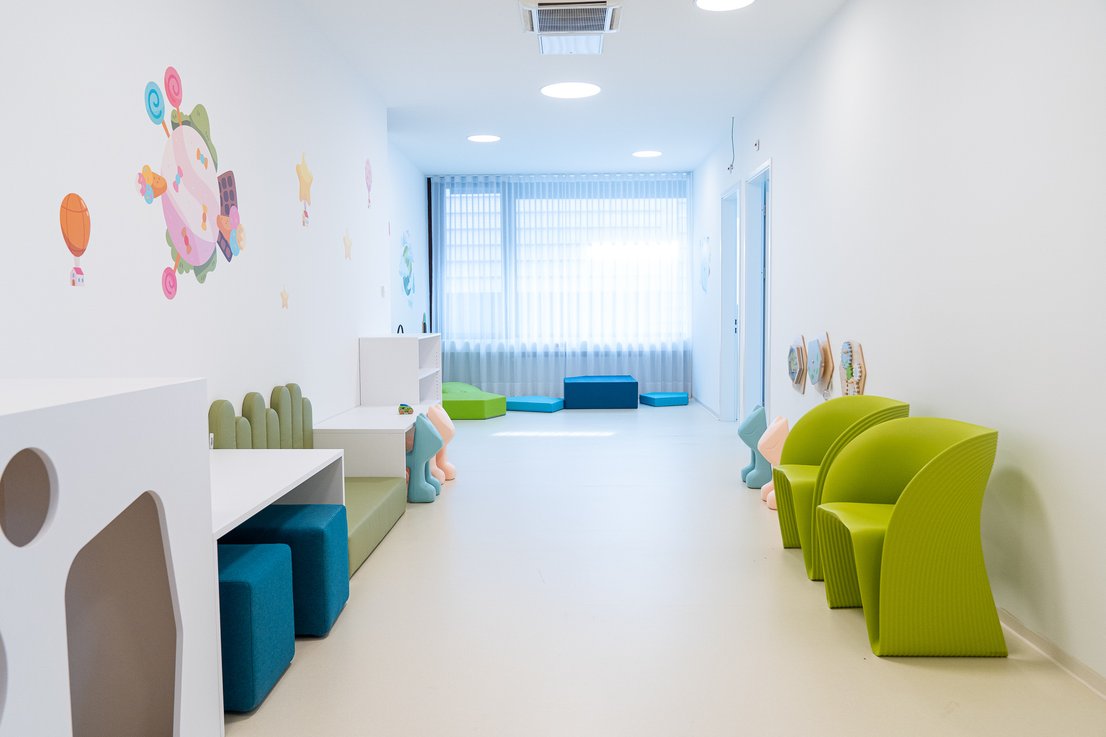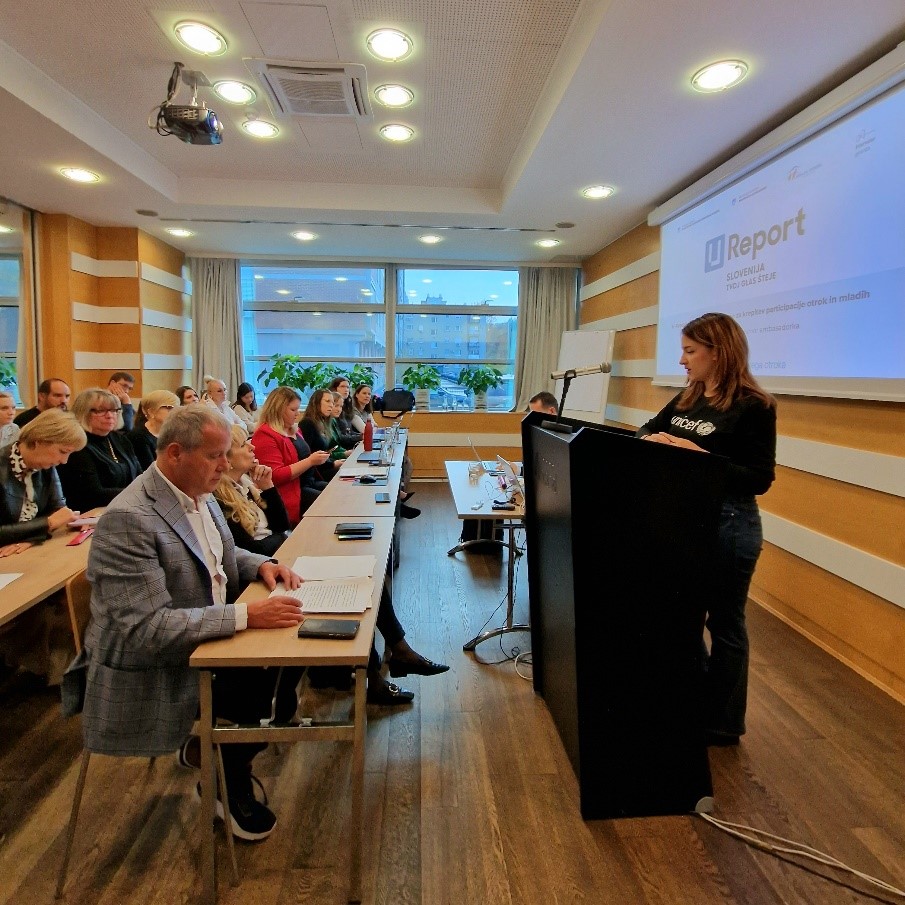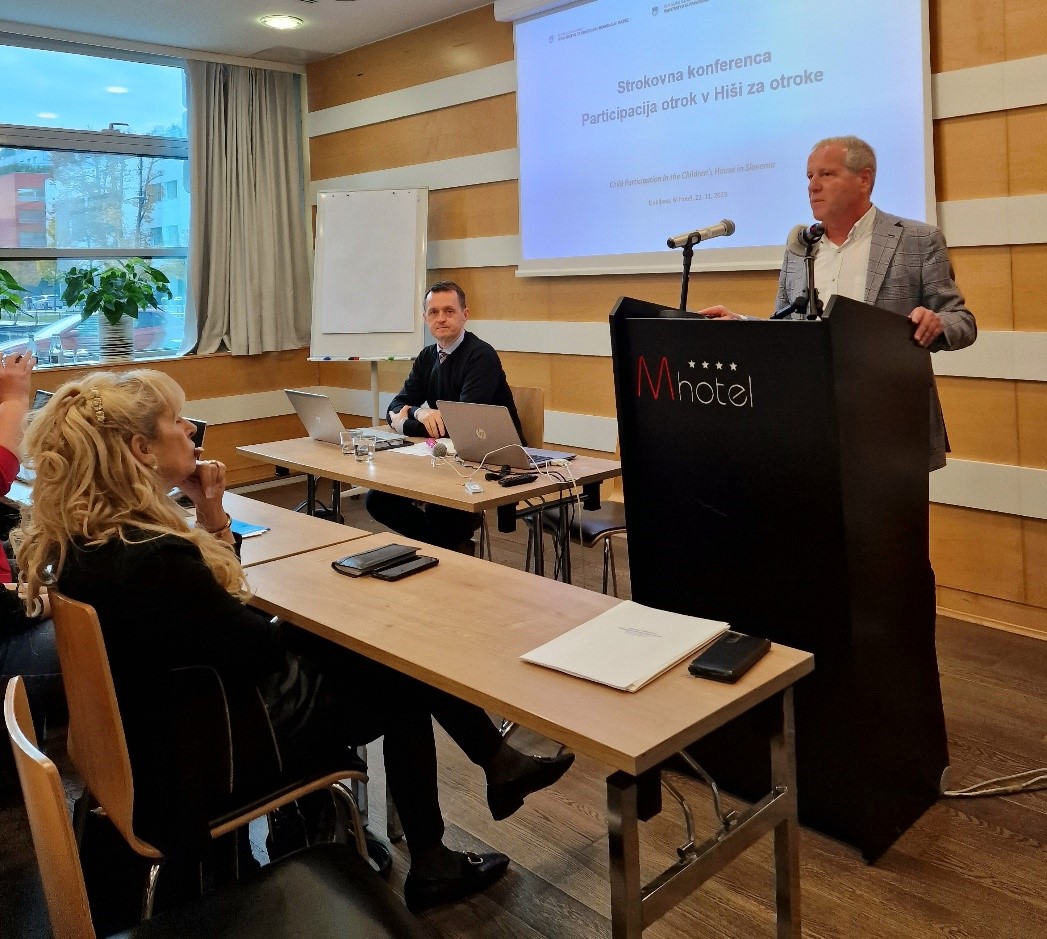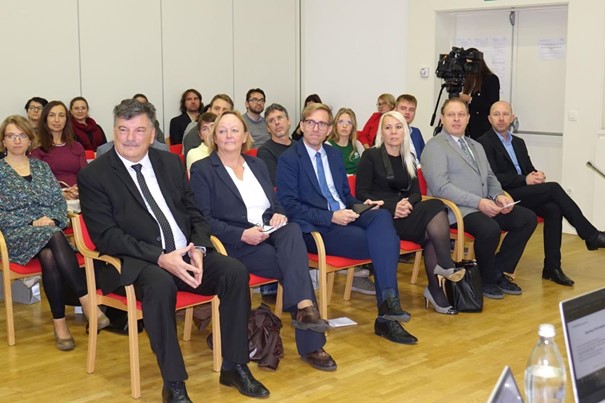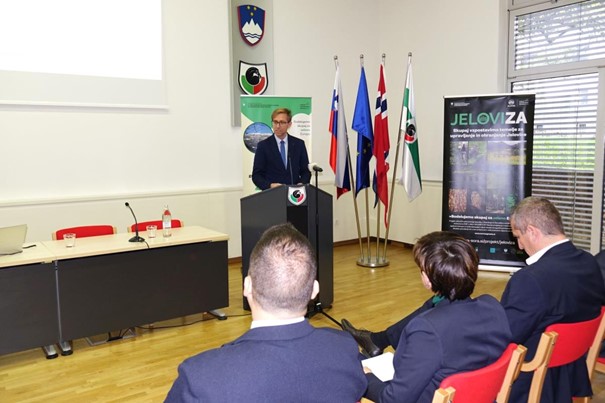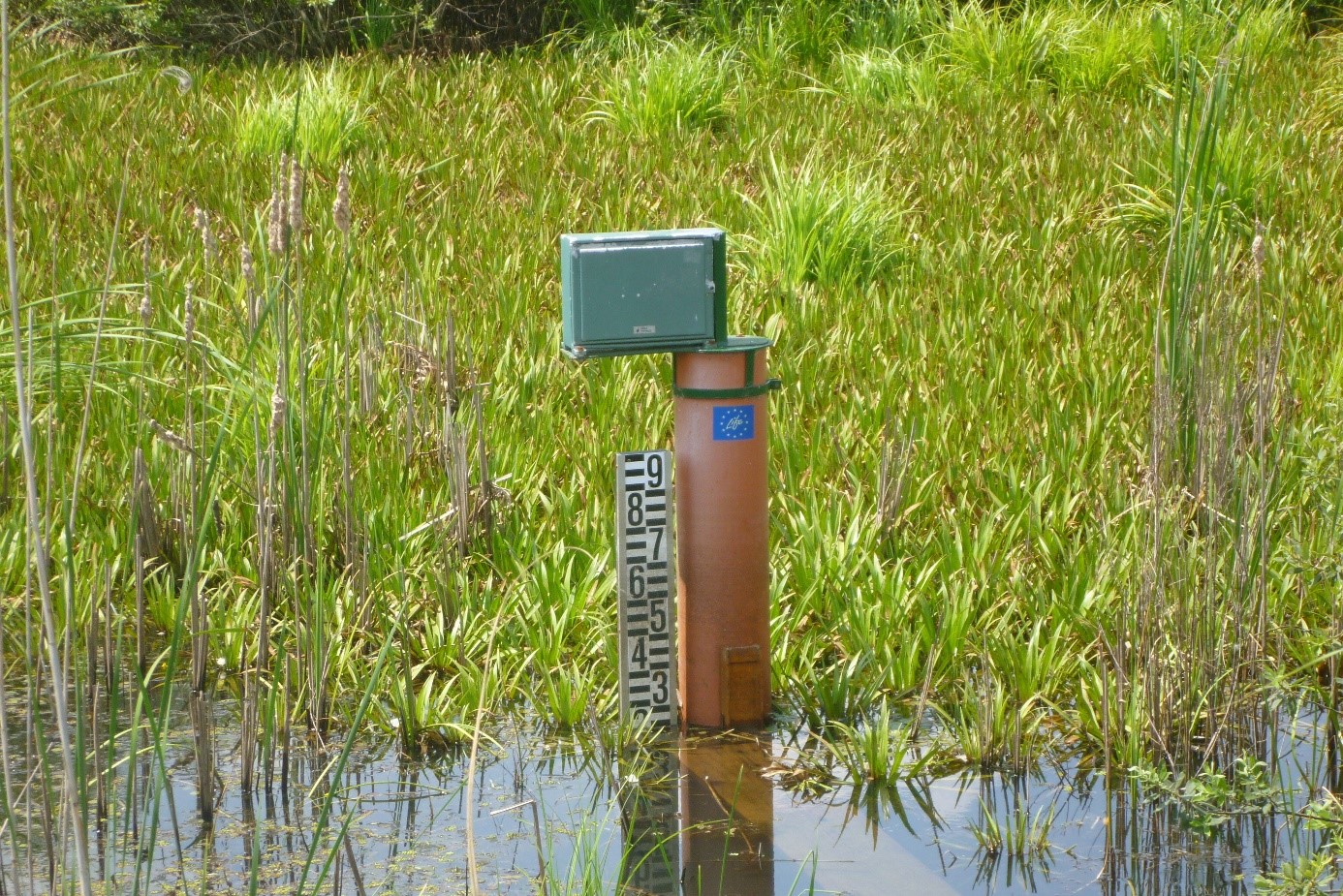21 February 2024 – A Handbook on Youth Empowerment and Social Activation[i] has been developed as part of the project Activating Youth by Encouraging Them to Form Meaningful Connections, Take an Active Role in Their Local Communities and Empowering Them for a Violence-free Life (TRIALOG).
Supported by the Norway Grants, this project addresses pressing issues worsened by the Covid-19 Pandemic among young people in the Podravje region, focusing on social inequality from a youth perspective.
The overall aim of the TRIALOG project is to enhance young people’s soft skills, and foster self-confidence and mutual respect, enabling their active engagement in broader society. Simultaneously, it seeks to strengthen the skills and knowledge of youth workers in mentoring or advisory roles and advocate for appropriate systemic solutions at the national level.

The project’s focus is the empowerment of young people to combat peer violence, along with providing training for youth workers and generating useful resources for youth workers, as well as teachers, educators, parents, and all those involved in the youth field.
The Handbook on Youth Empowerment and Social Activation
The Handbook on Youth Empowerment and Social Activation begins by introducing the Collection of educational content TRIALOG, which addresses issues such as violence, mental health, positive communication, and relaxation techniques for managing stressful situations. Subsequently, it presents an overview of the new interactive online platform TRIALOG, designed to facilitate positive dialogue and aid young people in overcoming challenges related to peer violence and mental health. The platform assists in identifying various forms of violence and provides practical guidance on how to deal with violence. Additionally, it features examples of good practices from various associations, institutions, organisations, and institutes from Slovenia and abroad. These examples provide readers with insights into their projects, key achievements, methodologies, as well as the challenges and solutions encountered. Furthermore, the handbook describes effective approaches to working with young people and shares experiences of conducting workshops for secondary education students. These workshops aim to motivate young individuals to integrate relaxation techniques, positive communication, and stress management into their daily lives.
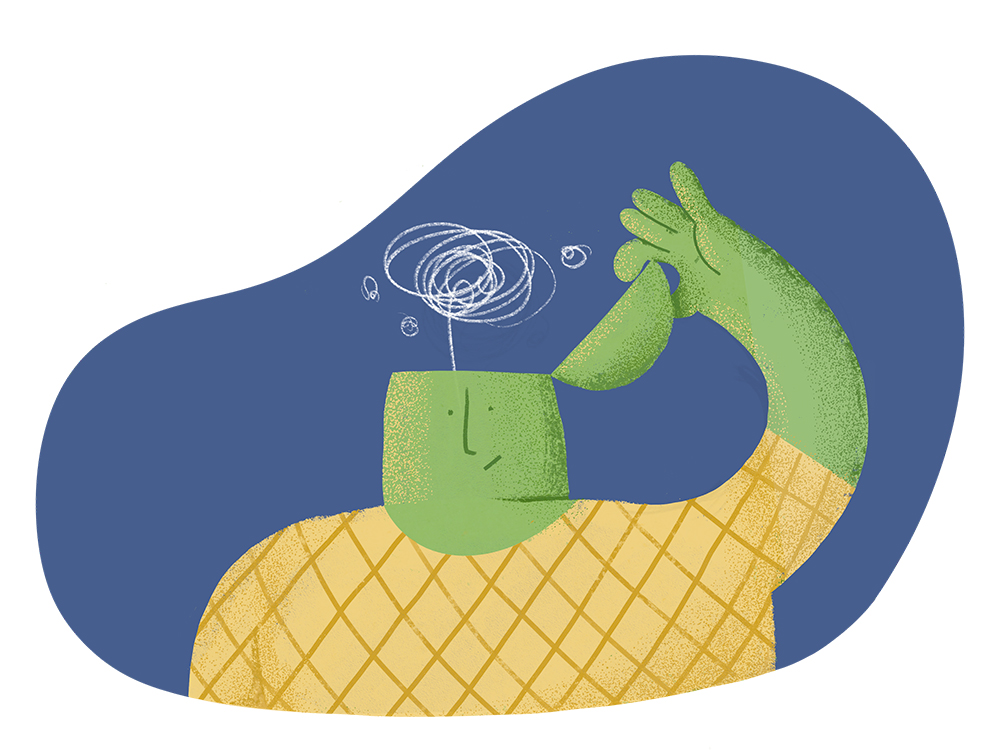
Thus, the handbook serves as a comprehensive guide for individuals working in the youth work sector, providing practical tools, exemplary good practices, and effective methodologies derived from local and international projects.
Besides the project promotor, the Gender Equality Research Institute Maribor (IPES), the TRIALOG project is a collaborative effort involving the Municipality of Ptuj, the University of Adult Education Ormož, the Centre of Free Time Activities Ptuj, the Youth Council of the Municipality of Ptuj, and Avisensa, the Institute for psychology, counselling, and education.
[i] The Handbook on Youth Empowerment and Social Activation is available only in Slovene language.
Source: Project TRIALOG and Handbook on Youth Empowerment and Social Activation.

